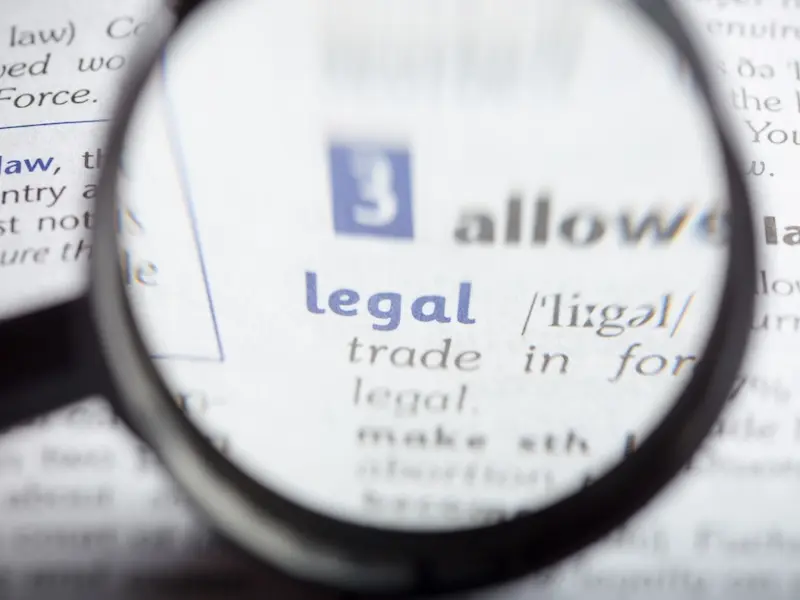- Authors Andrea Bartz, Charles Graeber, and Kirk Wallace Johnson have filed a class-action lawsuit against AI company Anthropic, alleging misuse of their copyrighted books to train the chatbot Claude.
- The lawsuit claims Anthropic used pirated versions of the authors’ works, seeking monetary damages and an injunction against further misuse.
OUR TAKE
The lawsuit against Anthropic underscores the tension between rapid technological innovation and the need to respect intellectual property rights. As AI technologies advance, it is essential for companies to ensure they comply with copyright laws and address the concerns of content creators. This case could drive significant changes in how AI companies source and use copyrighted materials, highlighting the need for a balanced approach to technological progress and copyright protection.
— Zoey Zhu, BTW reporter
What happened
A class-action lawsuit was filed by authors Andrea Bartz, Charles Graeber, and Kirk Wallace Johnson against Anthropic in a California federal court on Monday. The authors allege that Anthropic utilised pirated versions of their books, along with other copyrighted texts, to train its AI chatbot, Claude. This lawsuit accuses Anthropic of violating copyright laws by leveraging these works without authorisation, which the authors argue constitutes significant intellectual property theft.
This legal action is part of a broader wave of lawsuits targeting tech companies for the alleged misuse of copyrighted content in training AI systems. Anthropic, which has already faced legal challenges from music publishers for similar reasons, now faces scrutiny over its use of literary works.
Also read: Claude AI chatbot creator Anthropic sued for copyright infringement
Also read: Suno argues AI training with copyrighted music is legal
Why it’s important
The lawsuit emphasises critical issues regarding the use of copyrighted content in training AI systems. As AI technology evolves, the legal and ethical implications of using such content without permission become increasingly significant. This case could set a precedent for how AI companies obtain and use copyrighted materials, potentially leading to more stringent regulations and a reevaluation of industry practices.
The outcome may impact the tech industry broadly, influencing not only how AI firms handle intellectual property but also how creators’ rights are protected. This litigation could drive changes in legal frameworks and industry standards, ensuring that content creators are adequately compensated and that AI development proceeds in a manner that respects intellectual property laws.

